In recent weeks, an enormous amount of money has been raised by organizations using information technology to move health/care to people where they live, work, and play…
This prompted one questioner at the recent ANIA annual conference to ask me after my keynote speech on the new health economy, “Is the hospital going the way of the dinosaur?”
Before we get to the issue of possible extinction of inpatient care, let’s start with the big picture on digital health investment for the first quarter of 2015. Some $429 mm was raised for digital health in the first quarter of 2015, a 56% increase from Q12014 a year ago, according to Dow Jones VentureSource.
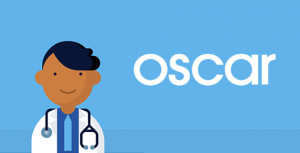 Some of the highest-valued deals are in ventures that, if they scale, will bring health/care closer to peoples’ everyday lives in greater retail health modes.
Some of the highest-valued deals are in ventures that, if they scale, will bring health/care closer to peoples’ everyday lives in greater retail health modes.
Oscar raised $145 mm on a valuation of $1.5 bn in late April. With just 40,000 health insurance members in New York and New Jersey, the newfangled health insurance plan has applied for licenses to operate in California and Texas health insurance exchanges — two of the largest markets in the U.S. NASDAQ has referred to Oscar as “a $1 billion start-up that is changing healthcare.” The company wants to make health insurance “simple, intuitive, and human,” and its website’s URL – “HiOscar.com” – positions the company as a different kind of insurance company. So the New York Times wrote, “Oscar has the new era tech pedigree to become the Spotify, Airbnb or Uber of health insurance.”
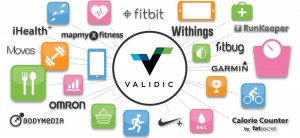 Validic attracted $12.5 mm for its business that provides an information platform connecting with over 175 digital health devices via API interfaces, including Fitbit (which has about three-quarters of the retail market for activity trackers), With this base of devices in the market, Validic claims to reach over 160 million consumers in 47 countries. Gartner named Validic a “Cool Vendor for Healthcare Payers” in 2014. Validic has the potential to integrate peoples’ observations of daily living, from consumer-facing health, fitness and medical devices, into healthcare providers’ electronic medical records systems.
Validic attracted $12.5 mm for its business that provides an information platform connecting with over 175 digital health devices via API interfaces, including Fitbit (which has about three-quarters of the retail market for activity trackers), With this base of devices in the market, Validic claims to reach over 160 million consumers in 47 countries. Gartner named Validic a “Cool Vendor for Healthcare Payers” in 2014. Validic has the potential to integrate peoples’ observations of daily living, from consumer-facing health, fitness and medical devices, into healthcare providers’ electronic medical records systems.
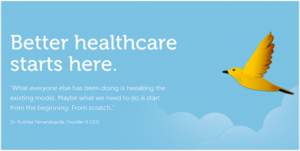 Iora Health got $28 million in January 2015, focusing on a special flavor of direct primary care business built on team-based care and rich algorithms for predicting patient issues in advance of their occurring. The software calculates a “worry score” which analyzes various bits of patient data and alerts the care practice. .
Iora Health got $28 million in January 2015, focusing on a special flavor of direct primary care business built on team-based care and rich algorithms for predicting patient issues in advance of their occurring. The software calculates a “worry score” which analyzes various bits of patient data and alerts the care practice. .
 On a parallel track, Teladoc filed a Form S-1 for its IPO with the SEC on 28th April 2015. Teladoc is a mature telehealth company, started in 2002 and has attracted over $100 mm of investment capital. Its valuation in 2014 was around $300 mm. Telehealth is now expanding in the U.S. market: the latest signal bolstering the market was the 30th April 2015 announcement by UnitedHealthcare that will begin paying for virtual visits. UHG health plan members can access telehealth via the Health4Me app, which will channel services from AmericanWell, Doctor On Demand, and Optum’s NowClinic (noting that Optum is a UHG company).
On a parallel track, Teladoc filed a Form S-1 for its IPO with the SEC on 28th April 2015. Teladoc is a mature telehealth company, started in 2002 and has attracted over $100 mm of investment capital. Its valuation in 2014 was around $300 mm. Telehealth is now expanding in the U.S. market: the latest signal bolstering the market was the 30th April 2015 announcement by UnitedHealthcare that will begin paying for virtual visits. UHG health plan members can access telehealth via the Health4Me app, which will channel services from AmericanWell, Doctor On Demand, and Optum’s NowClinic (noting that Optum is a UHG company).
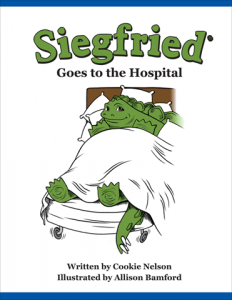 Health Populi’s Hot Points: This handful of examples of new entrants to health/care are new-new kinds of companies that seek to serve new health consumers’ growing demands for services that are convenient, well-priced, and easy-to-access and -use. Most importantly, each of them takes friction out of the painful, labyrinthine legacy healthcare system for people used to the growing on-demand economy.
Health Populi’s Hot Points: This handful of examples of new entrants to health/care are new-new kinds of companies that seek to serve new health consumers’ growing demands for services that are convenient, well-priced, and easy-to-access and -use. Most importantly, each of them takes friction out of the painful, labyrinthine legacy healthcare system for people used to the growing on-demand economy.
So, back to the provocative question about whether hospitals will become extinct.
Hospitals will need to re-imagine, re-define, and re-engineer what their hospital is in their community. Some may become focused factories for intensive care. At the opposite end of the choice-spectrum, other hospitals may morph into community centers bolstering whole health, fitness, wellness coaching, and perhaps even healthy grocery markets in rural and urban areas located in food deserts.
Whichever choice hospitals make, information and community technology will underpin the success of their strategies based on the kind of data liquidity Validic enables; health plan delights that Oscar delivers; team-based, culturally sensitive care Iora Health provides; and, the streamlined, convenient services of a Teladoc.





 I was invited to be a Judge for the upcoming
I was invited to be a Judge for the upcoming 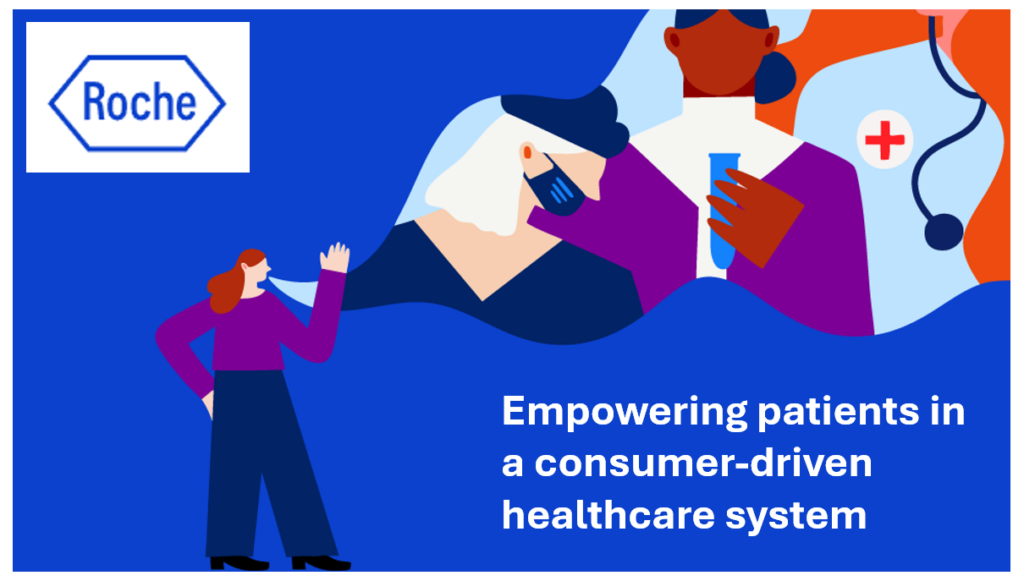 Thank you Team Roche for inviting me to brainstorm patients as health citizens, consumers, payers, and voters
Thank you Team Roche for inviting me to brainstorm patients as health citizens, consumers, payers, and voters  For the past 15 years,
For the past 15 years,